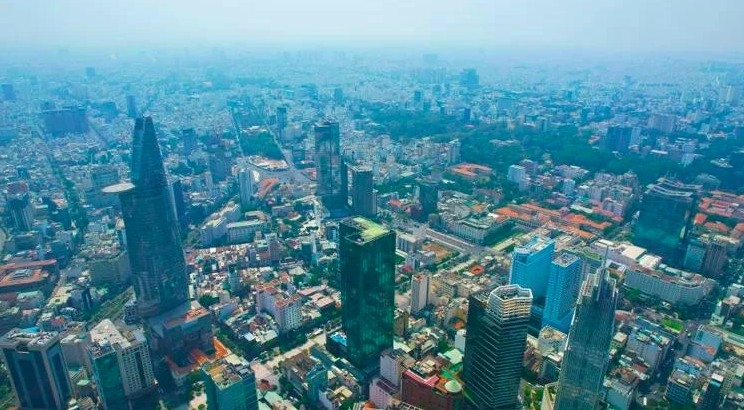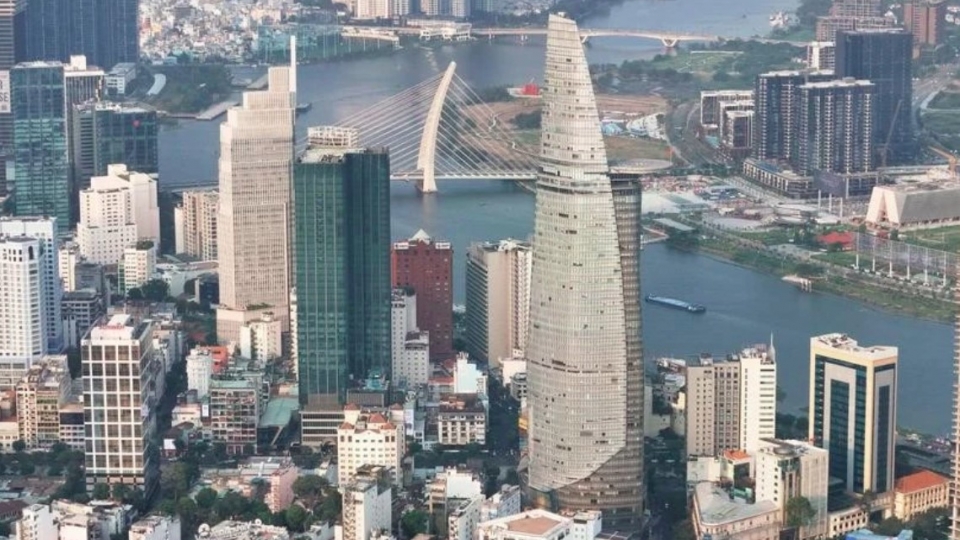Master plan adjustments set to drive HCM City's stature
Deputy Prime Minister Tran Hong Ha has freshly signed a decision approving a project on adjustments to the Ho Chi Minh City Master Plan until 2040, with a vision to 2060.

Accordingly, by 2060, the southern metropolis will establish itself as a global, civilised, modern, and compassionate city whose development level is comparable to that of large cities worldwide. It will become an economic, financial, and service hub of Asia, a growth powerhouse, and a development impulse for the South and Vietnam as a whole. It is expected to have high living standards and quality, along with well developed economy and culture while serving as a destination of international financial institutions and corporations.
In terms of its characteristics, it is defined as a special centrally-run city, and a nationally important centre of economy, culture, education – training, science –technology, with a pioneering role in driving innovation and creativity nationwide. It is also envisioned to become a hub for tourism, finance – trade, and logistics services in Southeast Asia and Asia-Pacific, as well as for healthcare services in the ASEAN region.
The local population is forecast to reach 11–13.7 million by 2030, and 14–16.5 million by 2040.
The city’s space structure is divided into six regions linked with the organisation of the local public transport system. They are comprised of the central urban area and its surrounding areas – the eastern, western, northern, southern, and southeastern regions.
Regarding housing development, the master plan targets that by 2030, the average housing floor area per capita will reach approximately 27–30 square metres, increasing to 30–32 square metres by 2040. The expansion of housing will be closely aligned with the urban development process.
HCM City is set to prioritise the construction of apartment blocks, which will make up a significant proportion of new housing developments.
The plan also includes the establishment of dedicated zones for social housing, accommodation for workers, and purpose-built residences for students. At the same time, the city will form training institutions, industrial parks, and export processing zones across its development regions.
HCM City will place particular emphasis on expanding its stock of affordable and rental housing, while investing in student housing and establishing a fund for social housing for the disadvantaged and revolution contributors.



